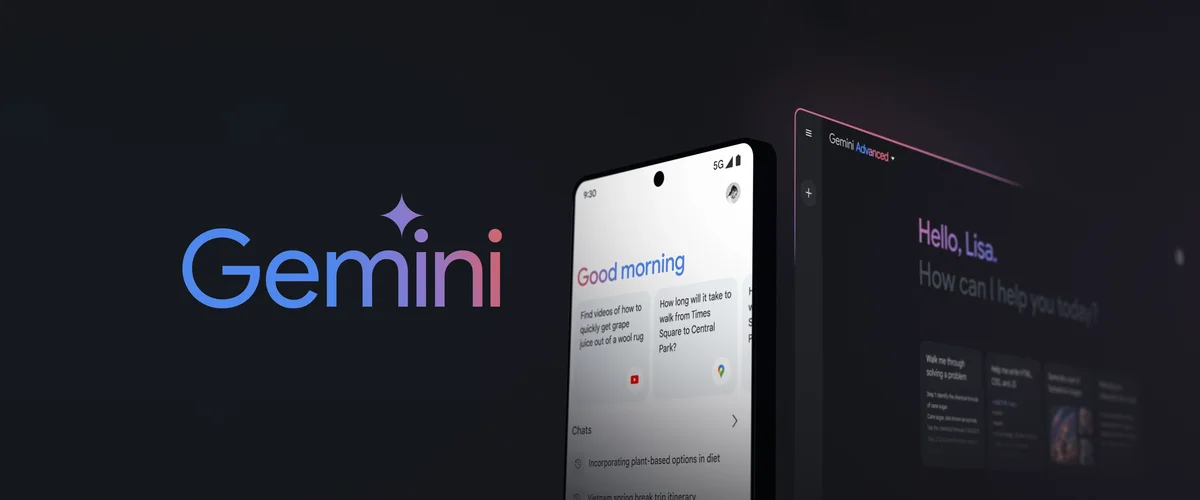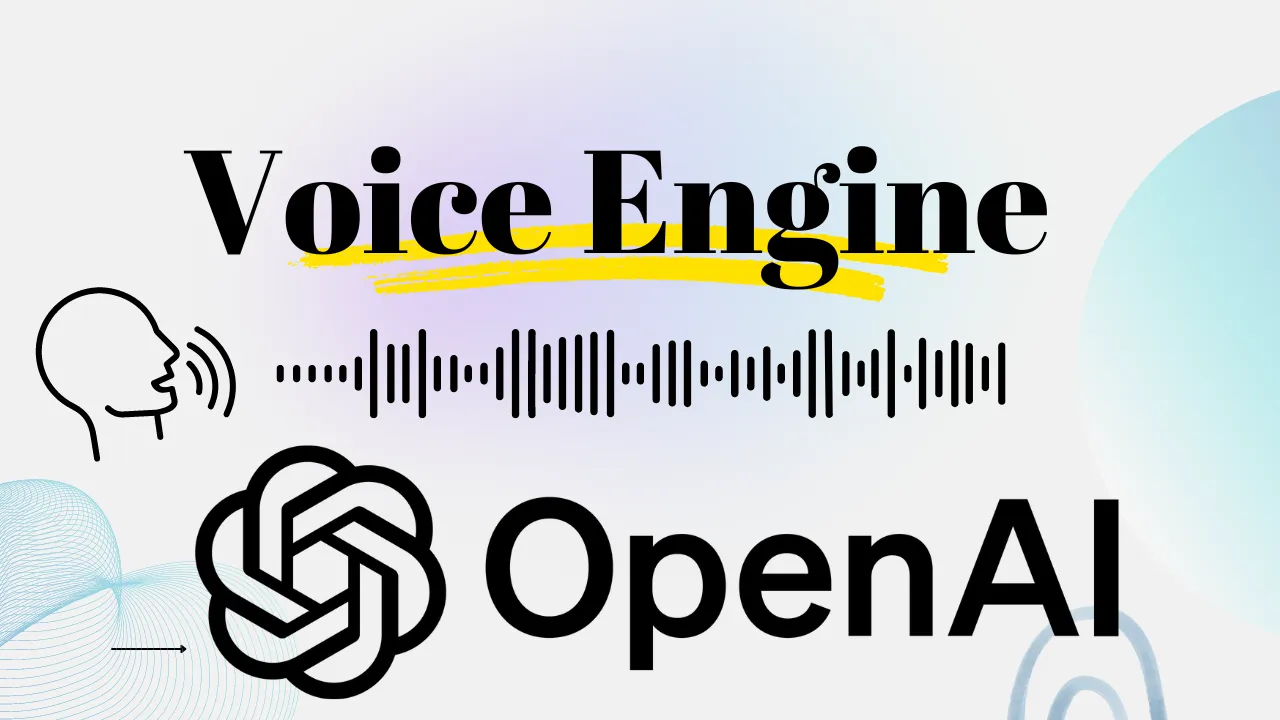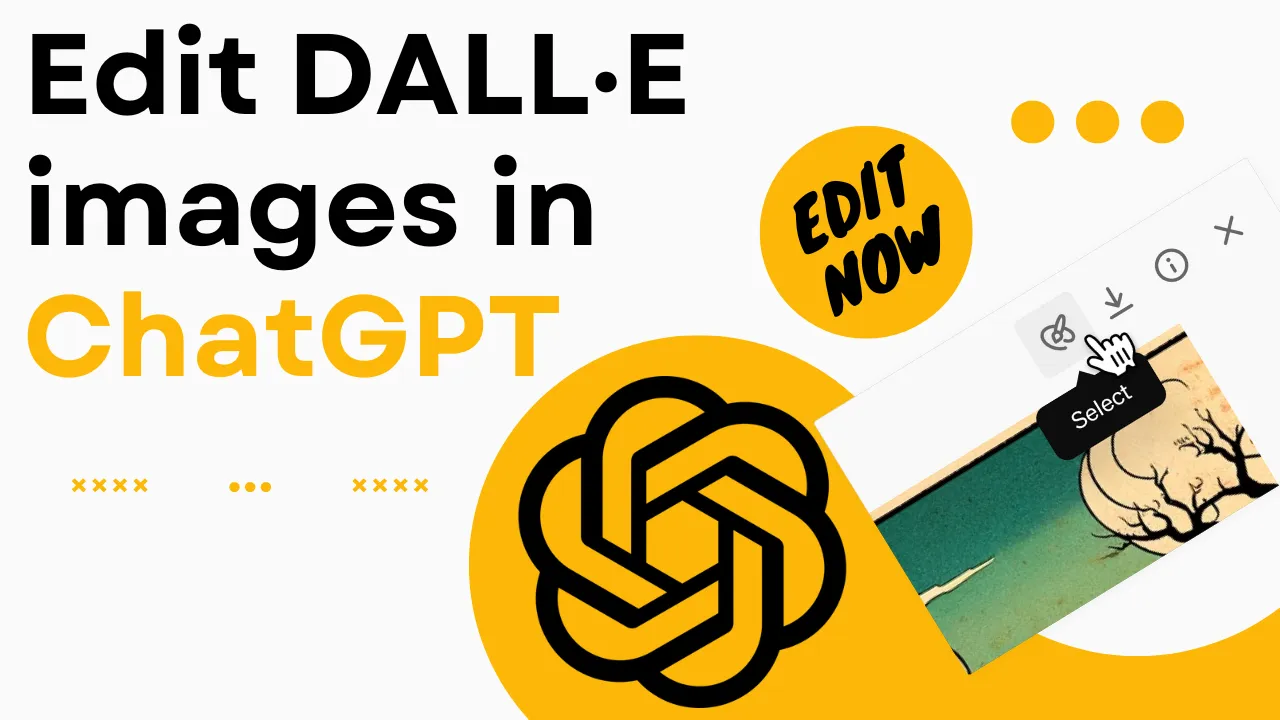Google made a series of major announcements today around its AI chatbot Gemini. The company is renaming Bard to Gemini, launching a new paid ‘Gemini Advanced’ subscription with more capable AI, and rolling out dedicated Gemini mobile apps for Android and iOS.
The name change from Bard to Gemini is meant to better reflect that users are directly accessing Google’s underlying AI models, rather than going through a separate brand layer. As Google puts it, “Our mission with Bard has always been to give you direct access to our AI models, and Gemini represents our most capable family of models.”
Along with the renaming, the Gemini web interface at gemini.google.com has been updated with a new navigation sidebar with access to settings, activity history, help documentation, and more. However, the core conversational AI experience remains largely the same.
Bigger changes are coming with the launch of ‘Gemini Advanced’, a new paid subscription tier providing access to Google’s latest and greatest AI model, Gemini Ultra 1.0. This model is touted as being “far more capable” than the standard free Gemini version across a wide range of task domains.
Some key areas where Gemini Advanced shines include coding assistance, logical reasoning, following detailed instructions, creative collaboration, and handling highly complex queries. Google gives the example of using Advanced as a personalized AI tutor that can provide step-by-step guidance, hold nuanced discussions, and generate quizzes and other interactive learning content.
For software developers, Advanced can act as an AI pair programmer – a “sounding board for ideas” that can evaluate different coding approaches and solutions. Over time, Google plans to further expand Gemini Advanced’s capabilities around multimodal AI (e.g. computer vision) as well as deeper document analysis and data processing.
In blind evaluations conducted by Google, testers preferred Gemini Advanced over other leading AI chatbots. The company claims it has achieved top performance on various industry benchmarks.
Gemini Advanced is rolling out starting today in over 150 countries worldwide, though only in English for now. Support for more languages is planned. To access the advanced AI tier, users will need to subscribe to the new Google One AI Premium plan.
The Google One AI Premium subscription costs $19.99 per month in the US. It includes all the existing benefits of the Google One 2TB premium storage plan, such as expanded cloud storage that can be shared with family, Google Photos editing features, premium Google Workspace capabilities, and customer support perks.
On top of those standard Google One benefits, AI Premium adds access to Gemini Advanced right away. In the near future, it will also unlock ‘Gemini for Google Workspace’ integrations that bring AI assistance into Gmail, Docs, Sheets, Slides, Meet, and more. These features were previously available for free in a testing phase and to enterprise customers under the ‘Duet AI’ branding.
To help drum up initial adoption, Google is offering AI Premium for free for the first two months to all new subscribers.

While Gemini Advanced with Ultra 1.0 represents Google’s latest and greatest consumer AI, the free standard Gemini tier is still perfectly capable and continues to run on the Gemini Pro model. This free version just received some major upgrades as well – including the launch of an integrated image generator allowing users to generate, edit and refine AI visuals right within Gemini.
Perhaps an even bigger development is the rollout of new native Gemini mobile apps for both Android and iOS devices. These apps are designed to make the conversational AI experience more seamless and integrated on smartphones and tablets.
On Android, Gemini can be quickly accessed by tapping a homescreen shortcut, long-pressing the power button, gestures from the corner of the screen, or using a dedicated “Hey Google” voice command. Once open, users can type, talk, or submit images to ask questions and give commands. There are also extensions to pull in information from other Google services like Maps, YouTube, and more.
The Gemini Android app interface floats on top of whatever app you’re currently using for quick access without switching contexts. And while powered by the Google app under the hood, Gemini for Android does include some core Assistant features baked in – like smart home controls, timers, and phone calls. More integrations are planned over time.
On iOS, Gemini will live within the Google app itself. A new top bar toggle lets you quickly swap between traditional Google Search and the Gemini conversational AI interface. Functionality is otherwise the same as on Android, despite lacking deeper OS-level hooks and integrations due to Apple’s platform restrictions.
The Gemini iOS and Android apps start rolling out today in the US in English. A broader international launch to additional countries in English, Japanese, Korean, and more languages will follow over the coming weeks. European availability is on the roadmap as well.
With today’s launch of paid Gemini Advanced subscriptions, the cross-platform Gemini mobile apps, and the renaming of the underlying assistant to Gemini, Google is taking a major step forward in its AI strategy and efforts to challenge rivals like OpenAI’s ChatGPT and Anthropic’s Claude. The company is now laser-focused on making its AI models directly accessible to consumers in an integrated, monetizable way across platforms.
While the initial functionality and language support is still fairly limited, Google Gemini now has a clearer direction and go-to-market strategy. Over the coming months and years, expect a steady stream of added capabilities and increased adoption both among paid Google One subscribers and free users. The AI arms race is in full swing.




